
Vienna is the greenest city in the world, says Resonance consultancy as they find out which cities are leading the way towards a greener future for 2020’s Earth Day (50th Anniversary). We agree and not just because there are a lot parks, mini-landscapes, gardens, and lined trees that make the city green. Vienna’s transportation is Europe’s benchmark for public commute, it’s so convenient that many of us prefer using trains and trams over driving. Vienna also has programs to make the city “greener” in the sense of renewable energy, limiting pollution, and other such efforts.
It is however noticeable to us that there are a lot of new construction on the way even during the pandemic. Just in our area, there are two already finished building complexes of apartments, one under construction, and another big lot cleared and getting ready for construction. Still, Vienna has a lot of green areas to explore, forest to go walking to or forest-bathing. Vienna is still green despite new buildings sprouting like mushrooms.
Sometime in April of 2021, the Austrian Parliament has passed legislation on a long-expected “home office legislative package” which has given employees and employers a lot of flexibility and reliability in planning their work hours. For employees, it meant better tax benefits, too. Because of the work from home situation, there are those who either bought a new flat, a new house, moved away from Vienna to buy a property or move to a bigger or better place.
Still, many of us just stayed put. We’ve also thought of moving, and honestly, I’ve been looking around for years but it’s not easy to find a property that’s reasonably affordable in the area we want. There seem to be a lot more people looking for a new place, and although we are on lists of developers prospects, apartments seem to be gone like pancakes even before they’ve finished construction. To show a bigger picture of the living arrangements of Viennese people, here are different housing options in Vienna, for long term, some temporary and for emergency situations.

Table of Contents
Rented Flats
Like most cities, Vienna has diverse types of properties, rental contracts, and housing options. Neighborhoods vary, and a building may have a mix of these types. Here are some.
City-owned Flats (Gemeindewohnungen)
The Viennese government has provided its constituents with affordable housing suitable to the number of people within the family. Monthly rents for city-owned flats often costs less than other types of rented flats. In most cases, there’s subsidy given to lower income families under certain conditions.
Vienna has built approximately 220,000 municipal dwellings for half a million tenants and fostered the building of further 200,000 subsidized apartments. City-owned flats are relatively cheaper, especially for those who have lived in them in earlier years. There’s of course a yearly increase in rents but it’s minimal and the compound is cared for by the city, and repairs within the flats are also shouldered.
Cooperative flats (Genossenschaftswohnungen)
“Cooperative apartments” are built by non-profit building associations and made available to its members for use. In order to be able to rent a “cooperative apartment” it is necessary to become a member of the cooperative. In addition, non-profit companies also build and rent apartments that are subject to the Non-Profit Housing Act.
In the case of non-profit residential buildings, a so-called “financing contribution” is often incurred. This is a (rent-reducing) basic and/or building cost contribution, which can vary depending on the age, location and size of the cooperative apartment, this is repaid after the end of the tenancy with an annual depreciation of one percent.
How do you get a “cooperative apartment” in Vienna? Usually, you register for an apartment while the complex is in planning or under construction, most of the time through a developer’s website. In this case, a corresponding waiting time must be expected. In principle, there is also the possibility of moving into an older “cooperative apartment” that becomes vacant. However, such apartments are rarely available – this prompted people to look and advertise on Facebook groups looking for such housing options. Those who advertise usually ask for payment for installed kitchen (and other furniture) they would leave behind, which one could always decline.
Privately owned flats
There are a lot of privately owned flats one can rent in Vienna. These are available through many real estate websites. There would also be agents so it is best to look for direct renting, but make sure to have someone who is knowledgeable about contracts review the terms with you during signing. Private flat owners usually ask for down payment along with advanced-monthly payments (not always) especially for fully-furnished units.

Buying a Flat/Condominium (Eigentumswohnungen)
Residential condos (as they are more commonly called), is a building with several apartment units each owned separately. There are also detached units, which can also be houses, but are still within the compound and owners can still use facilities provided, all owned and maintained by the homeowners. Buying a flat doesn’t mean you have to have all money on hand.
You can apply for a mortgage through a partner bank. “Mortgage” refers to a loan used to purchase a property, be it flat, house, also land, or other types of real estate. The borrower (person needing the money) agrees to pay the lender (banks and others) over time, which is made in a series of regular payments, most of the time monthly, that are divided into principal and interest. You can check for yourself or look to estimate your monthly payment using a mortgage calculator. There are a number of them I personally use, and there are significant differences.
There are also comparison websites to save you time going around banks to see what each has to offer. Then you can pick one that you seem fit for your needs. It is always best to have someone knowledgeable look it up so you get the best, especially if the details are in German.

Developers
There are a lot of real estate developers in Vienna, I don’t remember how many I’ve signed up for anymore (lol). At times, real estate developers construct mixed housing complexes, there would be condominiums, cooperative apartments, even townhouses within a complex. One can register through their websites to receive information on what is planned, being built, or if there are vacancies. These flats are usually commission-free as it’s direct buying from the developers.
Realtors
If you are more comfortable to undergo processes through a professional, to save you the headache of finding banks, and going through talks with the developers, realtors are your go to. Mostly, they ask for 3% provision from the net price of the realty. There are a lot of realtors in Vienna, ask friends and family for a recommendation.
Direct Sales
There are also seller to buyer sales advertised on many real estate websites. These are mostly from those who are leaving Vienna to relocate and would choose to sell their property. Most of these are commission-free (Provisionsfrei) apartments, as the transaction is direct.
Renting a House
If an apartment is too small, there are also houses for rent in the city. But I have only often found houses in the outskirts, which are of course cozy, far from too much traffic, and mostly green around. The 21st, 22nd, 23rd districts seem to be the perfect areas for houses, as they are not as expensive as the ones in the 18th and 19th districts.
Buying a House
Buying a house in Vienna is mostly the same when buying a flat, but one has to look at the lot that comes along. Some of the lots could be under a tenancy agreement, so these are rented, in a case were developers did you the land to construct a house, the homeowner has to pay the lot rent. Some aren’t really that high, like 5000€ a year, but it does add up to the other costs. Commission-free transactions are the same with real estate developers as it would with flats. Buying a house also means shouldering every other maintenance and repair costs, insurance is a must to minimize overspending.
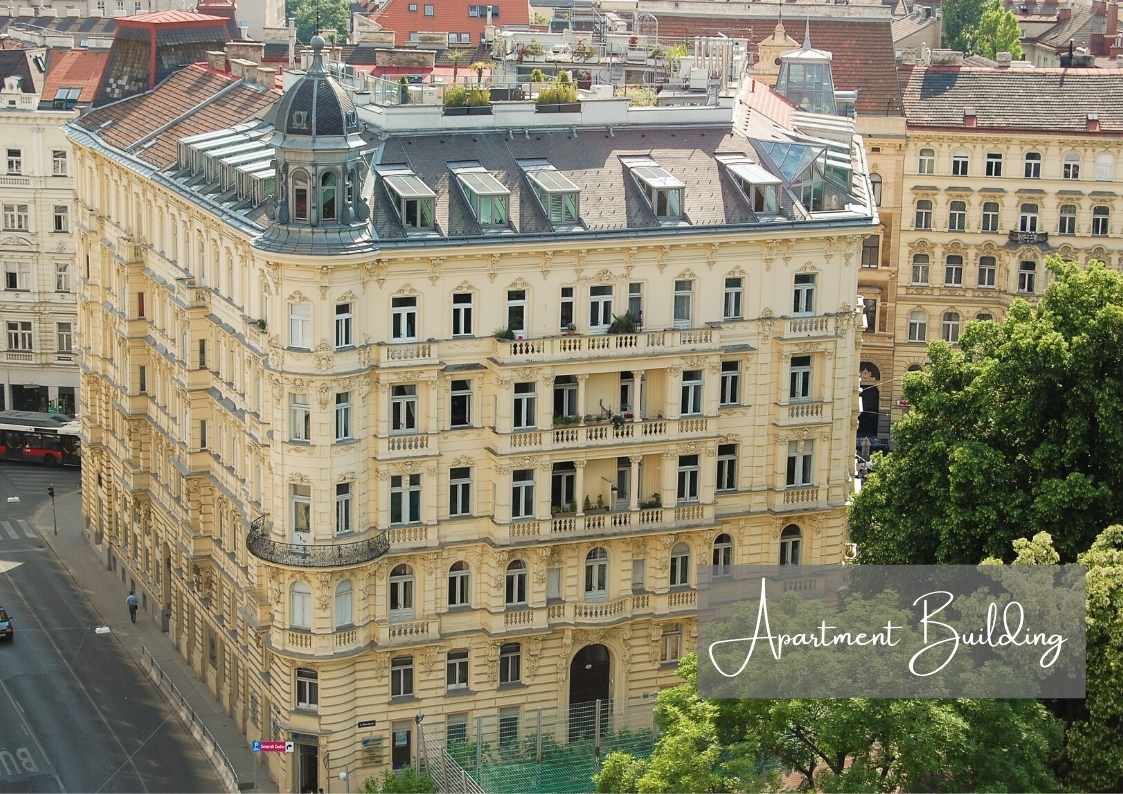
Other Types Of Housing
Young, working people, families, and those spending their golden age all have places to stay in in Vienna. Whether for longer or short term, here are some of renting options to look into.
Student Housing (Studentenwohnheim)
Students in Vienna (those whose main residence is not in Vienna) can avail of affordable accommodation as early as they got enrolled.
There are many institutions in the city that offers student accommodation and each varies. As the accommodations resemble dormitories and boarding rooms, students rent room space with own bathroom and share a common area. Some such dormitories offer breakfast and regular cleaning.
Monthly payment usually include all other expenses as water, electricity, and heating use.
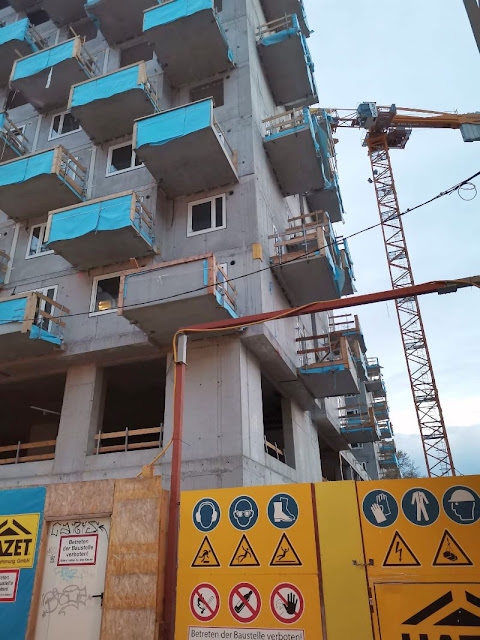
Youth Hostels (Jugendherberge)
Youth hostels are generally hostels aimed for groups of schoolers on a field trip. For example, when my kids go on a ski trip, they would stay at a youth hostel selected by school organizers. They stay a whole week with comrades on bunk beds and shared bathrooms. They would have other facilities the kids can do when they’re not out skiing in the mountains.
In a sense, it’s a shared room in hostels that is much cheaper than other forms of accommodation. If you are staying in Vienna for long and enjoy other people’s company, youth hostels are a good alternative.
Home for the Aged (Pensionistenheim)
There are numerous homes for people with greater experience in Vienna, if not in every district. Pensioners can opt for individual nursing care and medical care around the clock in a nursing care institution. Although there could be various differences to the care provided by institutions, there is always a nurse or doctor to look after residents.
Residential Communities for the Elderly (Senioren WG – Wohngemeinschaft)
Flat-sharing for the elderly in Vienna may be relatively new. The idea is for a group of pensioners to live together in a household. They share a kitchen, living room and garden but each have their own rooms with bath and laundry. Other features may be included, and there’s the assurance that you won’t be alone throughout the day and you can have someone to talk to, or play chess with.
Shared Accommodation for Young People (Wohngemeinschaft)
This is the same concept as above but for younger people, although I don’t know how to categorize what’s the age limit to be considered young here. The accommodation is usually consisted of many rooms and there could be a landlord living in one of those. It could also be a completely rented out flat for young professionals. These type of accommodation is common for those who have larger flats with extra room to spare. For homeowners, renting out room space means extra cash.
Disabled-friendly Building and Living
While not a particular type of housing, Vienna aims for its overall infrastructure to be disable-friendly. This is not only with accommodation, but every nook in Vienna is made accessible to those with disabilities with inclusion of sloped sidewalks to guiding strips for the blind in subway stations and even pedestrian lanes. Museums, hotels, and other tourist-visited areas are being developed to be easily accessible to the all citizens. To keep it simple, the city tries to lessen architectural barriers and obstacles that may exclude disabled people from participating in community life.
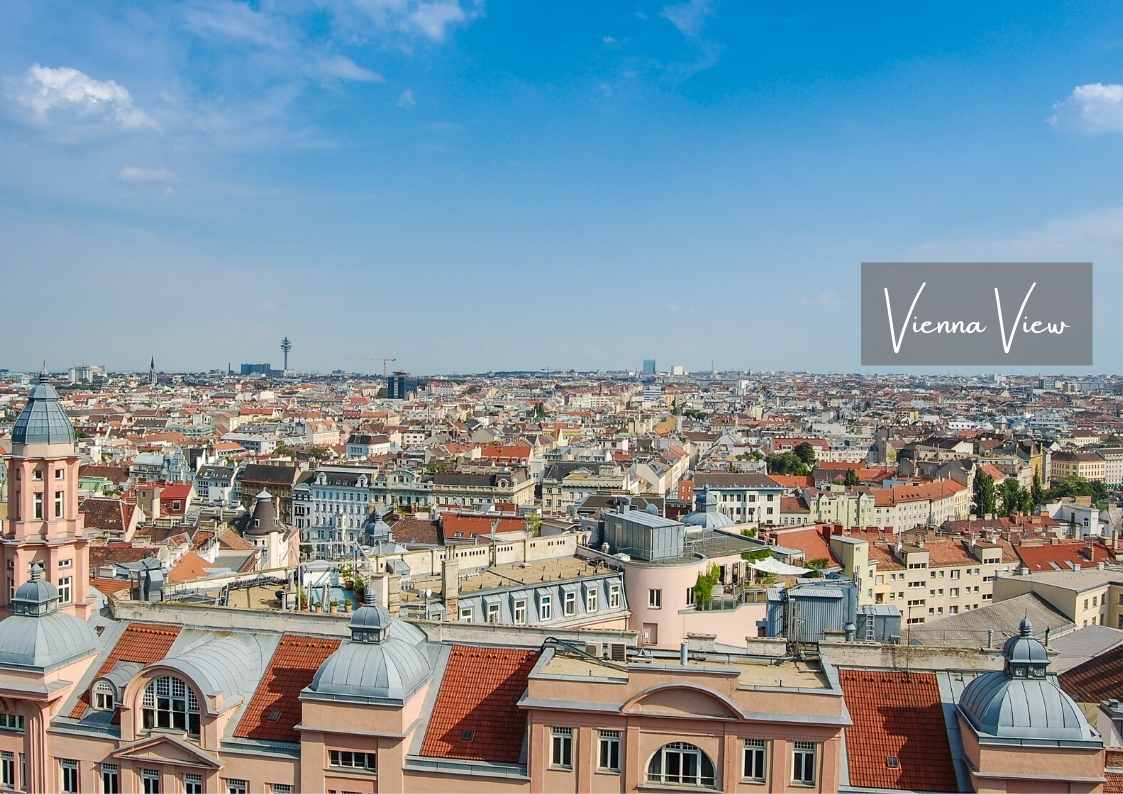
Temporary/Emergency Housing
While beautiful and systematic, Vienna is far from perfect as other cities are. Homelessness, wars, domestic disputes do happen around and these are factors the state can’t really control. There are of course a lot of government and non-governmental organizations one can reach out to in case of emergency. Help is not only financial or emotional, but yes, Vienna can help with housing and jumpstarting an affected person’s new life.
One organization worth mentioning is Volkshilfe, a social service provider, national and international aid organization that not only helps with refugees, but in other aspects of living in Vienna. Basically, helping people better their lives with integration, accommodation, addiction, and many other social issues. I have spent some time working with the wonderful people there and I’ve seen the immense work they do for others, highly commendable! A charity that also deserves a nod is the Caritas, a social aid organisation of the Roman Catholic Church and a member of Caritas Internationalis. They don’t only provide financial help, they also support people in many other facets.
Housing for Refugees
Austria has been helping out refugees from many countries even before the conflict in Ukraine-Russia started. There’s the Start Wien program aimed for refugees, the program helps newcomer refugees in settling down in Vienna. Those in need of help and protection who apply for asylum in Austria receive the necessary support within the framework of humane care so that they can quickly cover the basic needs of their daily life. If necessary, they can use a place in a supervised accommodation. In Vienna, the Vienna Social Fund (Fonds Soziales Wien) is responsible for housing and advising people in need of help and protection.
Housing for Social Integration
This is another initiative of the Caritas. The charity advises, accompanies, and supports people in difficult life situations, people with illness, disability, those who have been into accidents or catastrophes. They also assist refugees, and anyone regardless of race, religion, and other such categories. They established the Caritas Asylum Center, which is responsible for the basic care of eligible refugees seeking asylum in Vienna.
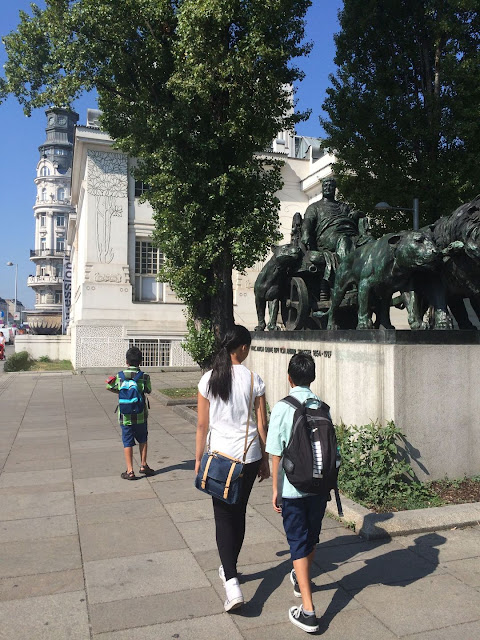
Housing for Migrants (Fonds für temporäres Wohnen in Wien)
There are fully furnished apartments that migrants can rent in Vienna which include other bills as electricity, water, and heating. These housing option is convenient for those who are starting out in Vienna. The deposit for said housing isn’t so expensive and considering that the costs for utilities are already included, they are relatively cheaper than other housing options.
Housing for Mother and Child
Also referred to as Women shelters, these are places of protection for women affected by violence and children in a severe crisis. Such shelters do not discriminate anyone who comes knocking on their doors. Most of the time, such institutions are open 24 hours to admit everyone in flight even in the wee hours of the morning. Housing for mother and children are safe havens for them, so they would be able to think, have a safe space, and get help from dangerous situations.
Housing for Homeless People
No one chooses to be homeless, but it still happens. Vienna has combated homelessness by providing care, first finding out the underlying causes. Vienna has a really good social support system, so most of the time a homeless person becomes homeless, it’s related to mentality.
Housing for the Mentally-ill
There are a handful charities and non-profit organizations in the whole of Austria that provide mental health support to its constituents. For example, the Austrian Red Cross, Austrian Green Cross, and the Samariterbund – which provide Emergency Medical Technician (EMT) services.There are psychiatric clinics in public hospitals, and depending on the condition, there are other clinics and help available (e.g. drug addiction, eating disorder, children and young people’s condition among others.
There are also such living arrangements were those affected can stay for longer mental health care and each has access to therapy on a regular basis.
All in all, Vienna still lives up to its title of Most Livable City, and along with the different housing options in Vienna, it’s efforts to be green, and give its citizen good well-being, it can’t be denied it is also one of the best when it comes to social services, government-directed or otherwise.
|
|
|
--------------------------Book your Vienna stay here!--------------------------
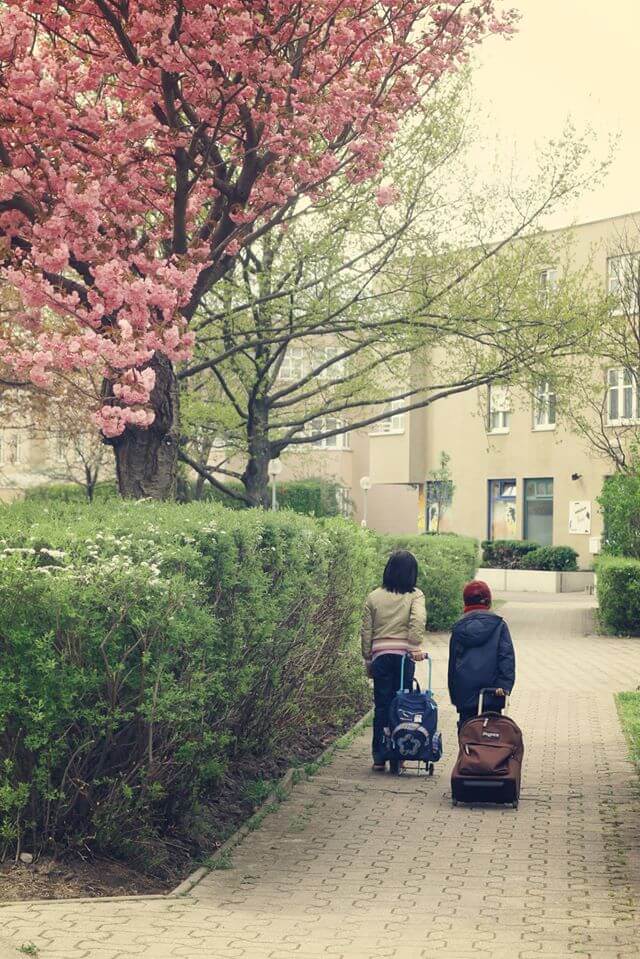
.png)
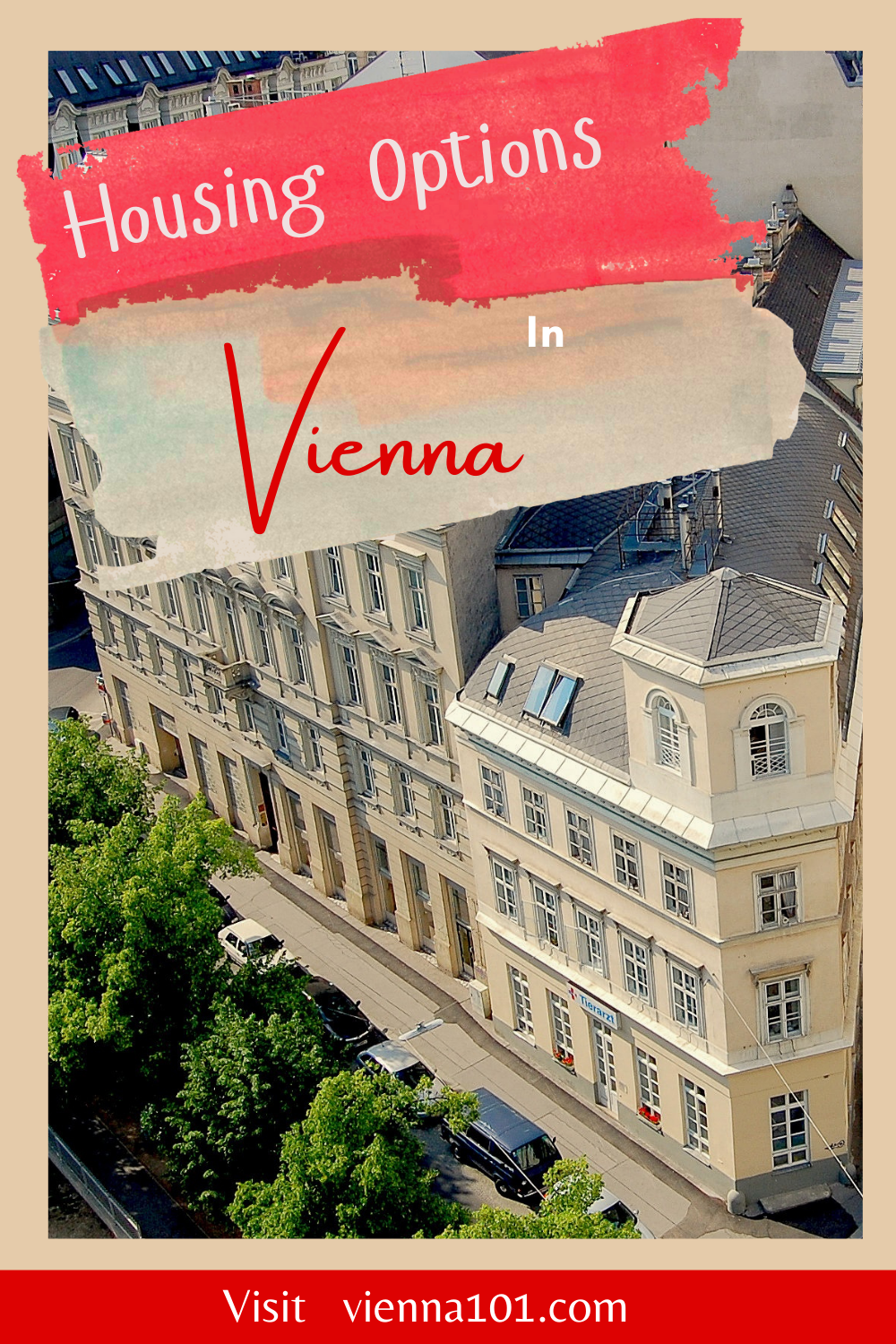
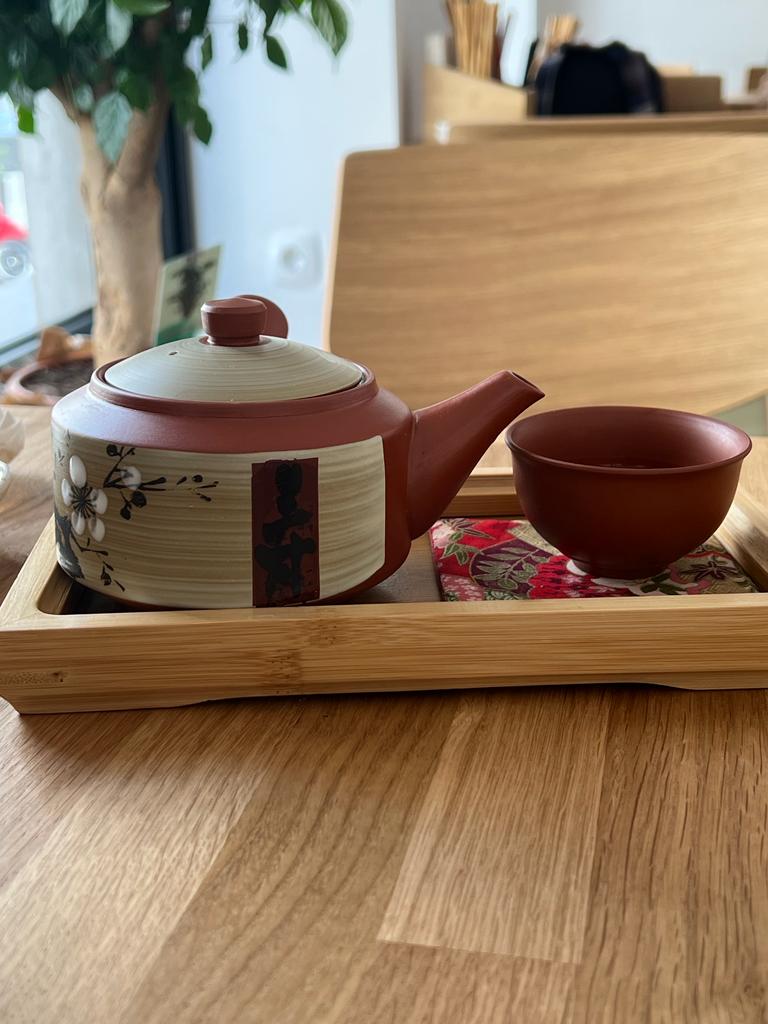
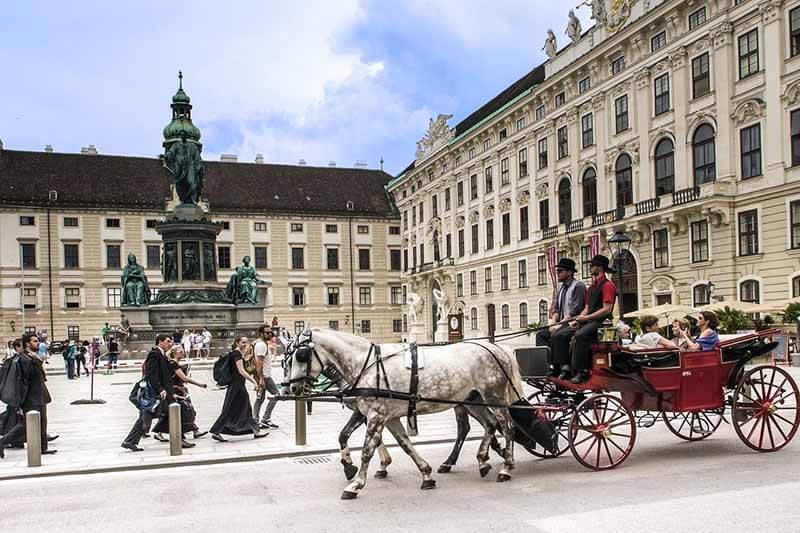
Leave a Reply